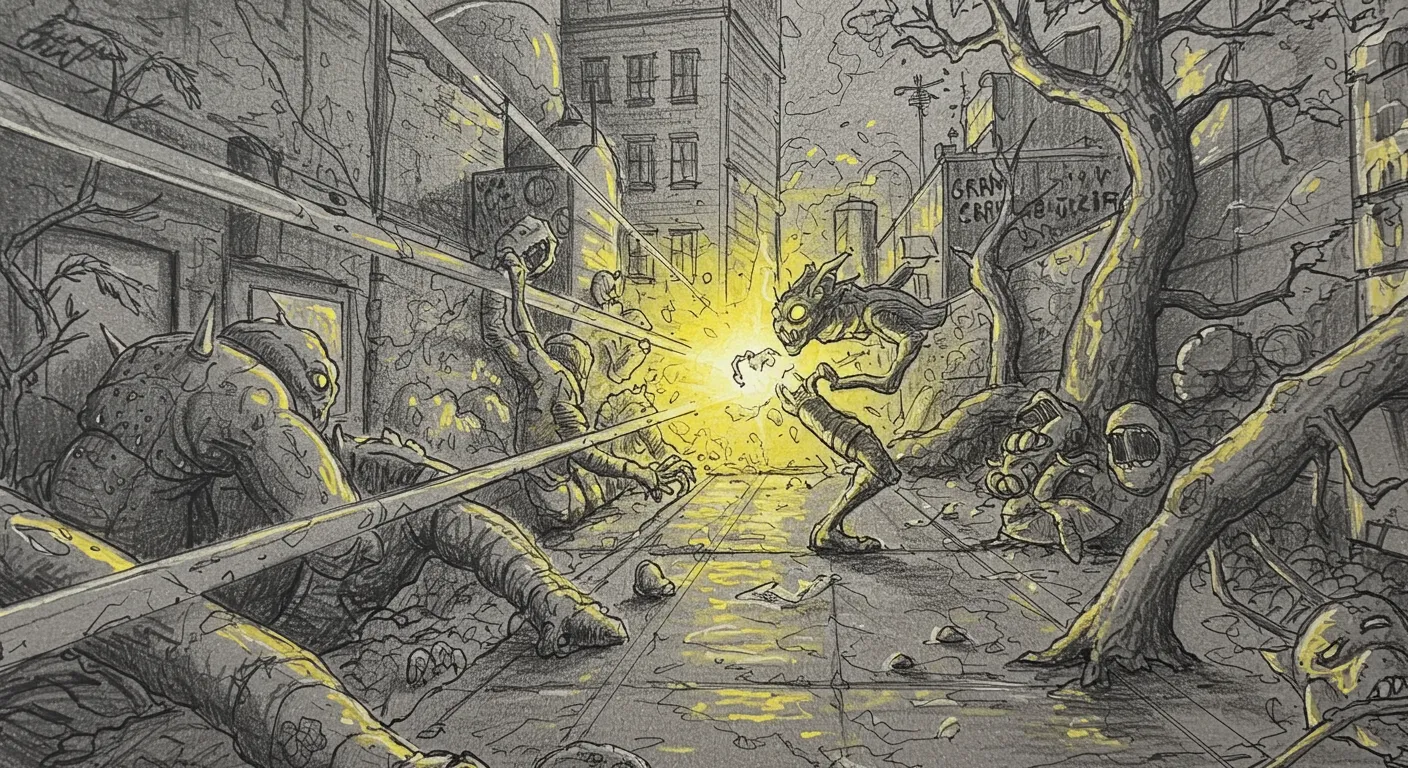In a passionate debate rippling across online forums, commentators are increasingly questioning the ubiquity of billboards and their impact on urban landscapes. The conversation goes far beyond aesthetic concerns, touching on deeper issues of visual pollution, advertising ethics, and personal freedom.
Some online commentators argue that billboards represent an unregulated invasion of public space, forcing consumers to consume visual messaging without consent. They point out that these massive advertisements create visual noise that distracts drivers, clutters cityscapes, and fundamentally manipulates human attention.
The discussion reveals a complex tension between commercial speech and public space. While some defend billboards as a form of free expression, others see them as a symptom of a broader problem: corporations' ability to commandeer shared visual environments for profit. Notably, several U.S. states like Alaska, Hawaii, Vermont, and Maine have already implemented billboard bans, providing real-world evidence that cities can thrive without these massive advertisements.
Interestingly, the debate extends beyond just billboards. Many online commentators view this as a potential first step toward broader restrictions on advertising, arguing that current advertising practices fundamentally manipulate human psychology and consume valuable mental bandwidth.
The most compelling arguments suggest that banning billboards isn't about censorship, but about reclaiming public spaces and redirecting societal attention toward more meaningful interactions. As one commentator succinctly put it: if a product or service is genuinely valuable, word will spread without aggressive visual marketing.


